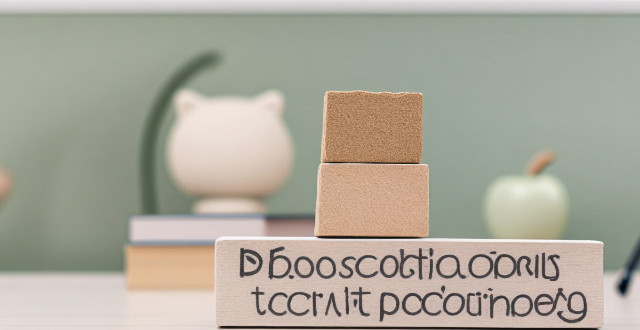Educational psychology plays a crucial role in understanding and enhancing student learning. It helps educators understand cognitive development, enhance motivation and engagement, promote social-emotional learning, address diverse learning needs, and evaluate teaching strategies and interventions. By incorporating insights from educational psychology into their practice, teachers can create a more effective and supportive learning environment for all students.

The Impact of Educational Psychology on Student Learning
Educational psychology is a field that studies the relationship between psychological processes and educational practices. It focuses on understanding how students learn, their motivations, and the factors that influence their academic performance. This knowledge can be used to improve teaching methods, classroom management, and curriculum design, ultimately enhancing student learning. In this article, we will explore the various ways in which educational psychology impacts student learning.
Understanding Student Cognitive Development
Educational psychology helps educators understand the cognitive development of students. By recognizing the different stages of cognitive development, teachers can tailor their instruction to meet the needs of each student. For example, Piaget's theory of cognitive development suggests that children progress through four stages of cognitive development: sensorimotor, preoperational, concrete operational, and formal operational. Knowing where a student is in this process allows teachers to provide appropriate challenges and support.
Enhancing Motivation and Engagement
Educational psychology also plays a crucial role in enhancing student motivation and engagement. Motivation is a key factor in student success, as it drives them to engage in learning activities and persist through challenges. Research has shown that intrinsic motivation (doing something because it is interesting or enjoyable) leads to better learning outcomes than extrinsic motivation (doing something for external rewards or punishments). Teachers who understand these principles can create a more engaging and motivating learning environment by incorporating elements such as choice, autonomy, and relevance into their lessons.
Promoting Social-Emotional Learning
Another area where educational psychology has a significant impact is in promoting social-emotional learning. Social-emotional skills, such as empathy, self-regulation, and teamwork, are essential for student success both inside and outside the classroom. Research has shown that students who possess strong social-emotional skills tend to have better academic performance, higher levels of engagement, and fewer disciplinary problems. Educators who incorporate social-emotional learning into their curricula can help students develop these important skills.
Addressing Diverse Learning Needs
Educational psychology also helps educators address diverse learning needs among students. Students come from various backgrounds and have different learning styles, abilities, and disabilities. Understanding these differences allows teachers to implement strategies that cater to individual needs, such as differentiated instruction, accommodations for students with disabilities, and culturally responsive teaching practices. By doing so, educators can create an inclusive learning environment where all students feel supported and valued.
Evaluating Teaching Strategies and Interventions
Finally, educational psychology plays a crucial role in evaluating teaching strategies and interventions. Researchers use psychological principles to design and test new teaching methods, assessment tools, and intervention programs. By examining the effectiveness of these approaches, educators can make informed decisions about which strategies to adopt in their classrooms. Additionally, educational psychology provides a framework for understanding the underlying mechanisms behind successful teaching practices, allowing educators to adapt and refine their approaches based on empirical evidence.
In conclusion, educational psychology has a profound impact on student learning by helping educators understand cognitive development, enhance motivation and engagement, promote social-emotional learning, address diverse learning needs, and evaluate teaching strategies and interventions. By incorporating insights from educational psychology into their practice, teachers can create a more effective and supportive learning environment for all students.